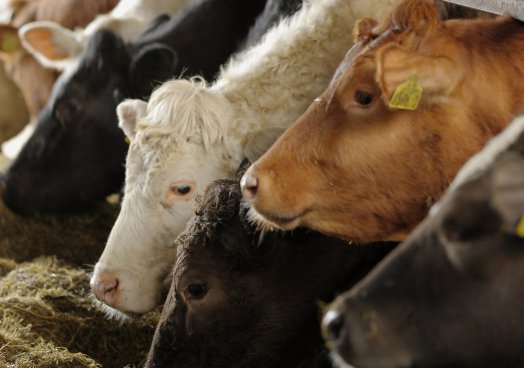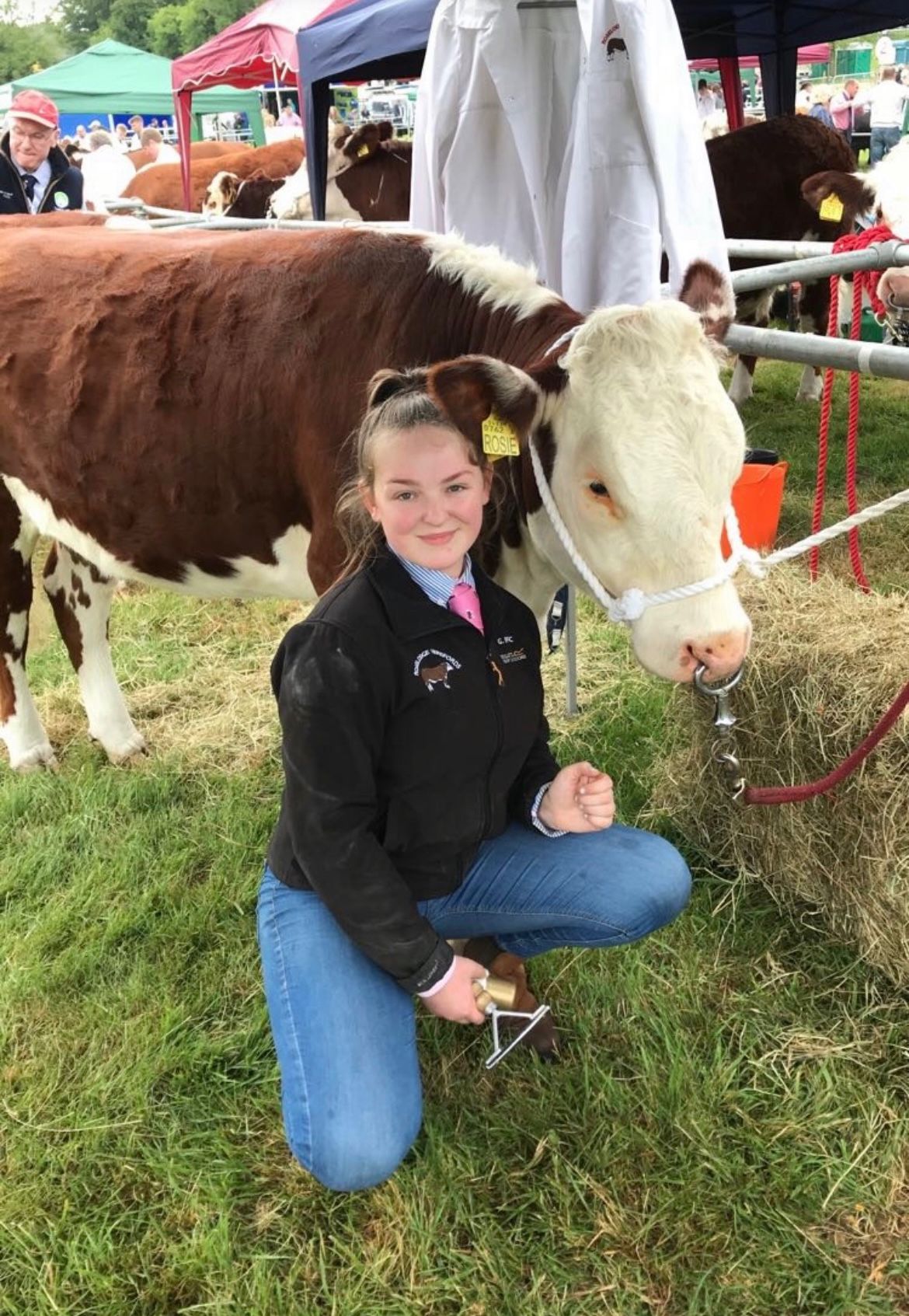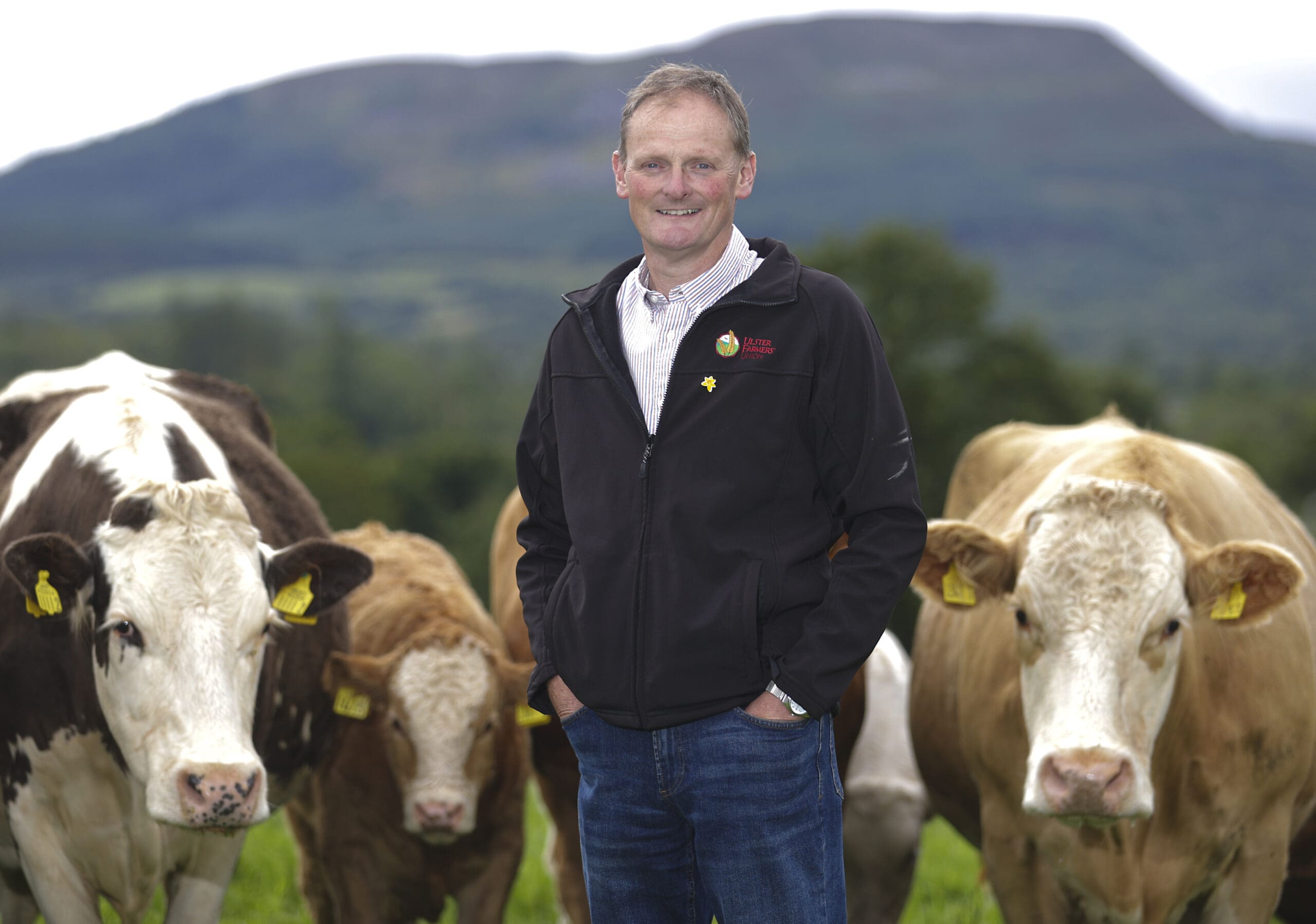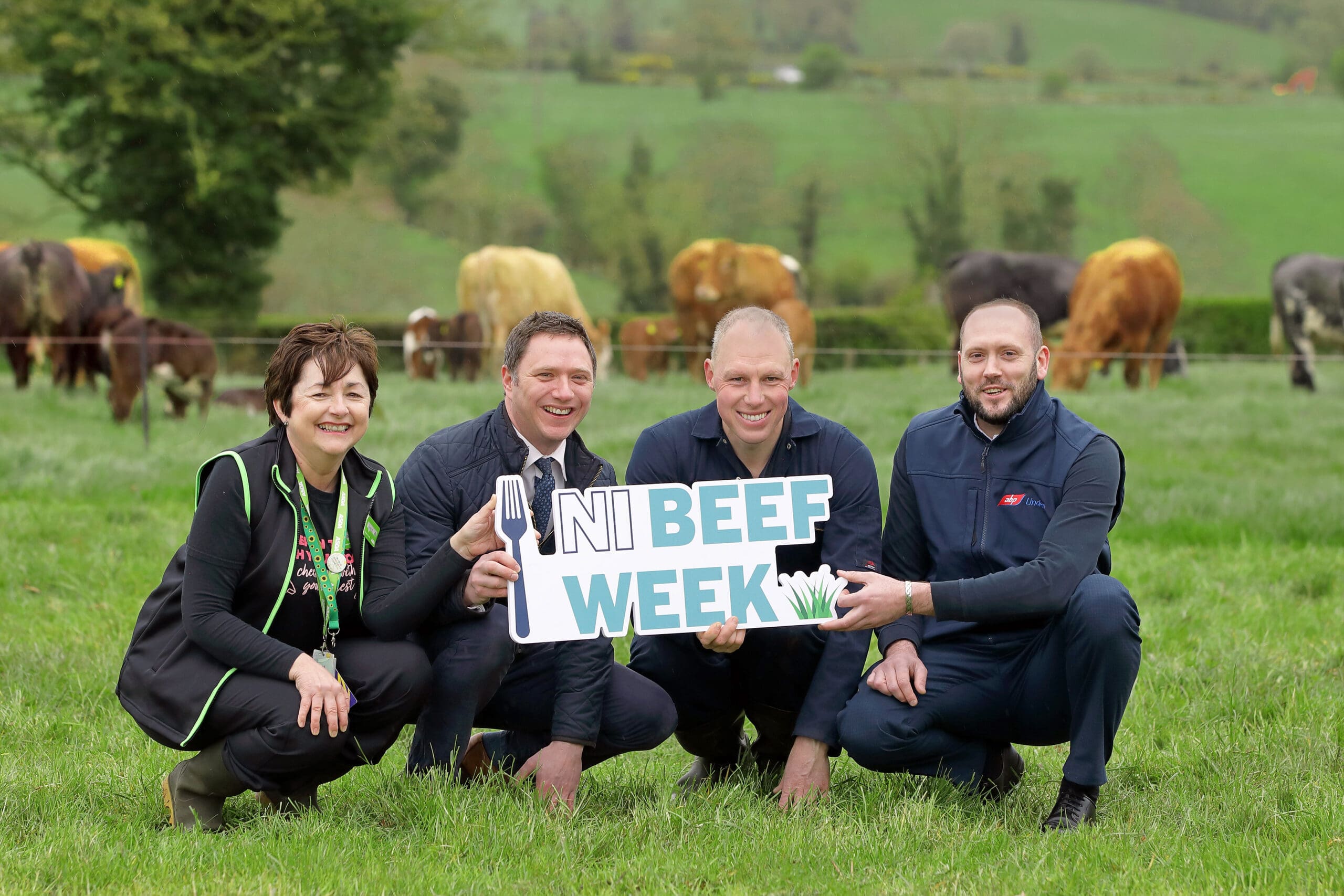
UFU Watch – Commodity Watch
Over the last two months, the UFU animal health and welfare committee has been discussing the TB Strategic Partnership Group’s interim report on the eradication of TB in Northern Ireland. Within the report, the group has laid out numerous potential options for eradication based on various themes and evidence from around the world. These have included: a change in attitude towards TB, better industry communication, a change in eradication governance and delivery, improved test accuracy, addressing TB in wildlife, on-farm biosecurity, and ultimately asked the question of “how might any of these options be funded?”
Following prolonged and often intense debates at numerous UFU committee meetings, the executive committee has agreed that the industry would like to see the increased use of Gamma Interferon testing following a breakdown in order to ensure that the eradication of TB from an infected herd is accomplished as quickly as possible. Furthermore, the UFU believes that this measure must be complimented by the targeted removal of infected wildlife in TB breakdown areas, as without it DARD is condemning the herd and farmer to further subsequent breakdowns. The executive believes that a combination of these measures will bring about the most effective reduction in TB incidence and ultimately cost in Northern Ireland.
At this stage, the UFU is not against the vaccination of wildlife for TB. However, to date no evidence has been forthcoming from the TVR study to suggest how successful such vaccination may be or if it could be delivered in a cost effective manor. As such, the UFU is forced to reserve judgement on the vaccination of wildlife until results from the TVR study are presented.
Within the report, there are numerous mentions of the need to improve on-farm biosecurity within Northern Ireland. Based on current evidence, the UFU rejects this sentiment. In recent years, on-farm biosecurity in Northern Ireland has proven robust enough to rid the country of brucellosis. By extension, the UFU believes that on-farm biosecurity is robust enough to prevent the transmission of TB between neighbouring herds and the suggestion of a need for improved biosecurity merely adds weight to the case for the need to address TB in wildlife surrounding infected herds.
Whilst the UFU acknowledges that making more disease status information available to farmers to make informed buying decisions would be beneficial. At this stage, there is concerns that the introduction of such measures too early may create an intolerable market place whereby some farmers are unable to find a market for their stock and as there is no money available to compensate them for their loss of earnings, the UFU must remain opposed to this option until the disease incidence is reduced.
Whilst there were many points within the report on which members struggled to reach a consensus, there was one thing that every member could agree on. That the scourge of TB has plagued NI agriculture for too long and failure to act now means condemning another generation to this on-going plight. Obviously, any changes to the current measures will have an associated cost and the question turns to how do we fund such improvements?
Currently, TB control is estimated to cost DARD around £30 million per year of which around half goes to compensate farmers for loss of infected livestock. In light of the current financial crisis encompassing NI agriculture, the UFU believes that individual farm businesses would not be able to survive should compensation be removed or reduced. However, the Union does believe that if DARD could give its assurance that any money raised was ring fenced to address TB in wildlife, then farmers may be willing to help the department fund these measures by paying for one annual herd test. Given that a herd test costs roughly £3 per head, this could raise in excess of £4.5 million per year to aid TB eradication (more than four times the annual cost of the current TVR study). The UFU believes that any short fall in funds should be topped up from the £15 million that DARD will be saving now that Northern Ireland has gained its official brucellosis free status. Furthermore, the UFU believes that environmental groups have a role to play in helping to fund TB control in wildlife. Whilst the executive acknowledges that this cost to farmers is likely to be unpopular in the current economic climate. They are mindful that this current crisis is expected to pass over the next 6-12 months, whereas a failure to act on TB could condemn the industry for another 50 years which will ultimately prove to be a larger financial burden on the industry. Something has to change, and as responsible countrymen, we cannot say that we are not willing to do our part to achieve TB eradication.
To view the UFU response see: consultation response




